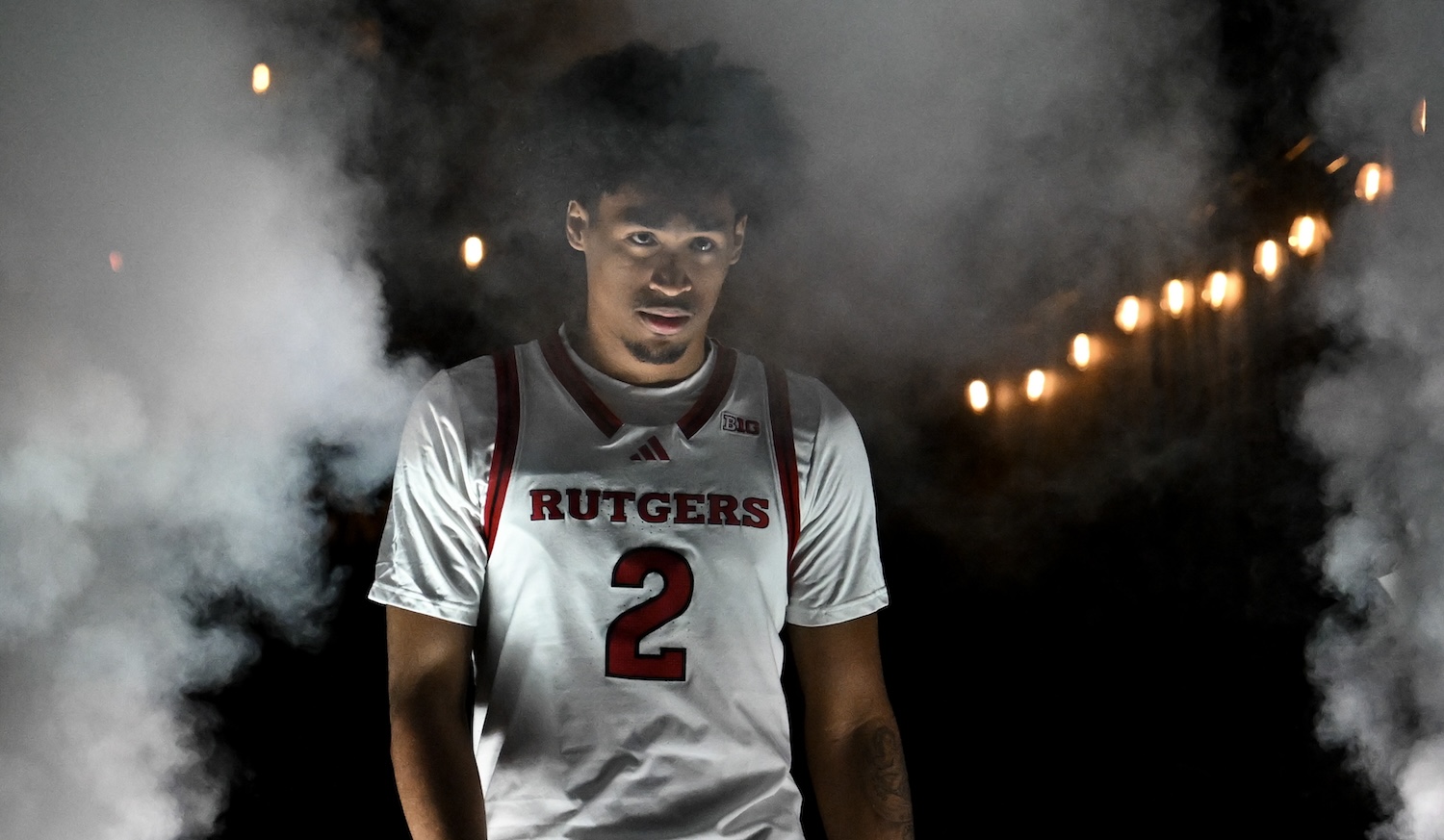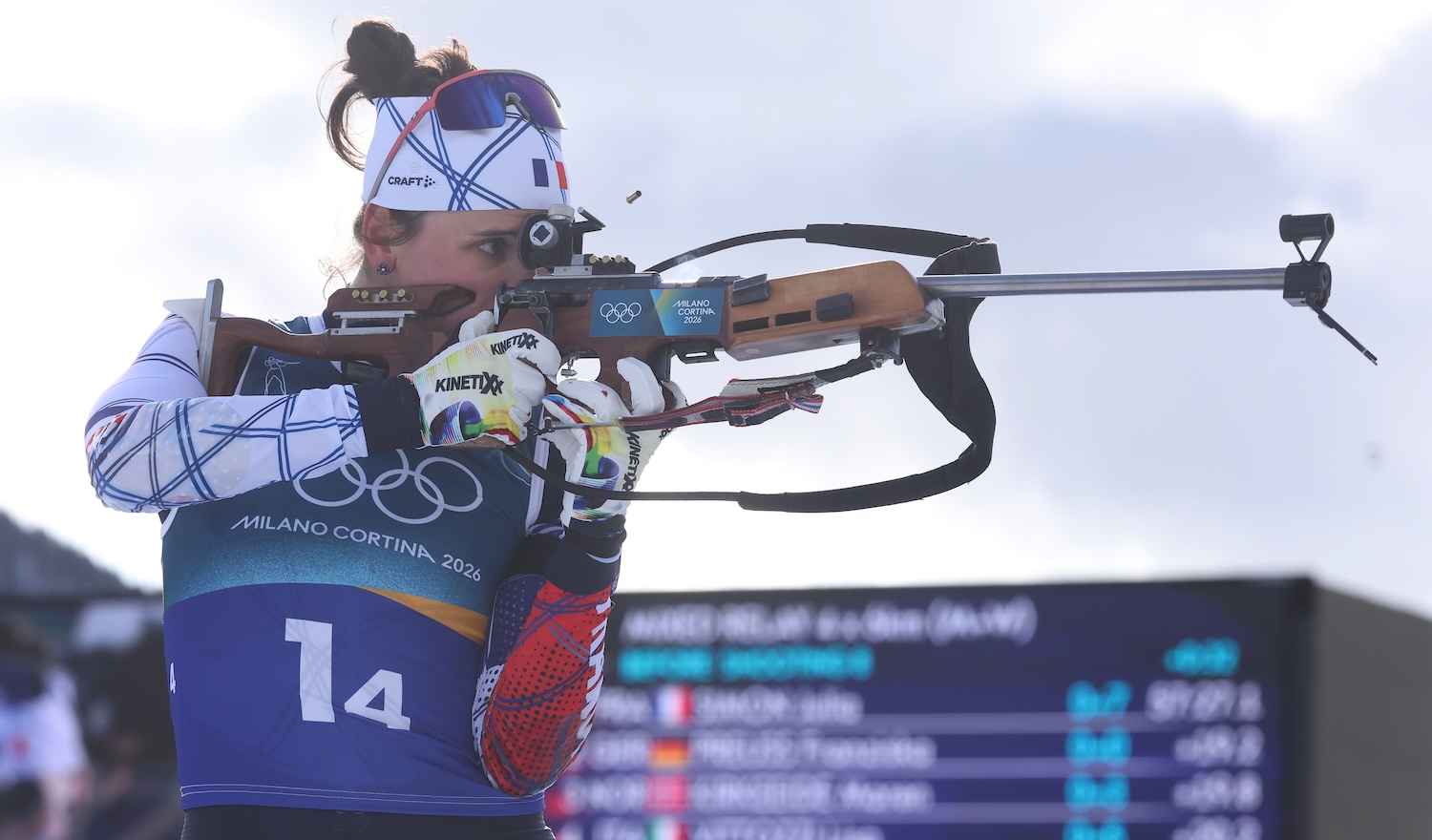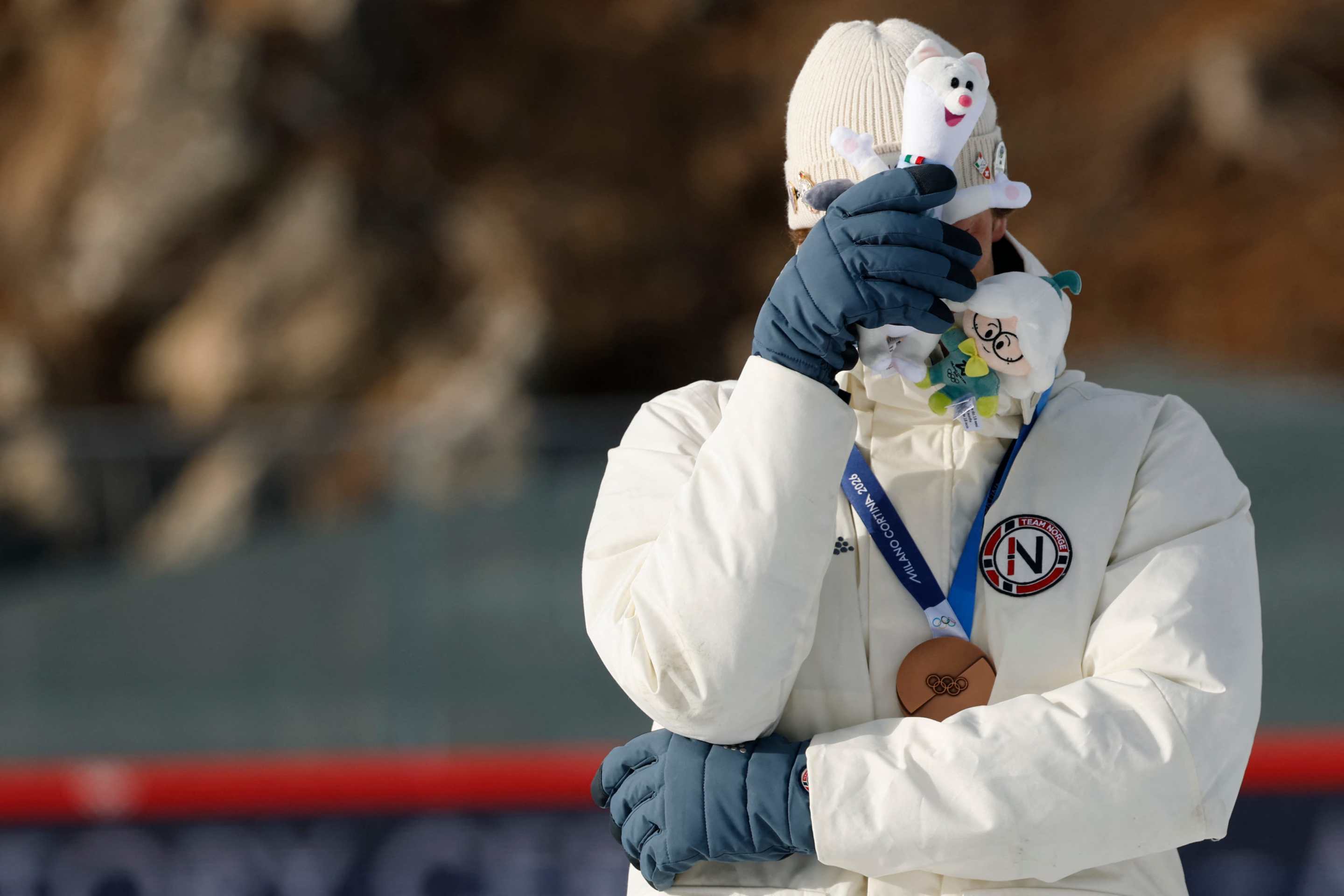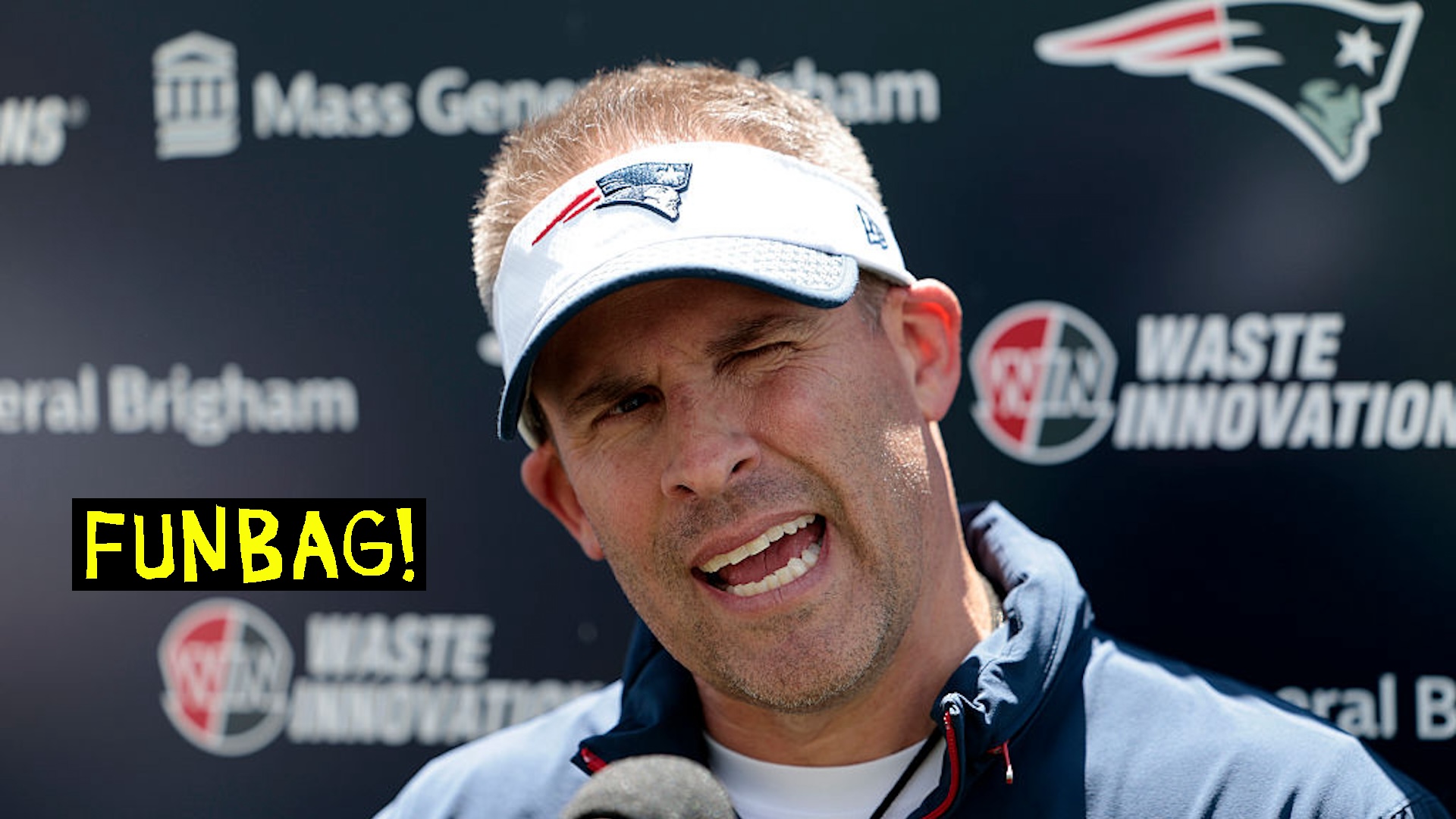Six months out, the 2025 NBA Draft is primarily conceived of as the Cooper Flagg draft. This makes a certain degree of sense, as Flagg is a huge destroyer who has been kicking ass for Duke and looking every bit like the sort of prospect who could push NBA defense forward, someone without precedent. (In draftese, he's been "demonstrating the myriad ways he affects winning.") But you don't need to be a basketball alien to be cool. Dylan Harper is a hyperskilled operator, the man widely projected to be selected one pick after Flagg, and the most magnetic player in college basketball.
Where Flagg is a somewhat idiosyncratic player, causing open confusion among NBA execs, there's zero uncertainty about the sort of professional Harper will be. He is the consummate modern point guard, someone who looks like he is playing at a pro level already. I don't really understand how college defenders are supposed to guard someone who is 6-foot-6 with a plus-four wingspan and this advanced of a ball-handler with both hands. Harper is the ideal driver, gliding both past and through defenders, who always appear to be flailing like used-car inflatable dancing guys in contrast to Harper's perfect balance. He's also shooting 36 percent from three—not an eye-popping number, but his mechanics are clean, not to mention beautiful, and that figure includes a ton of self-created step-back stuff and his recent hot stretch of 46 percent over the past four games. Harper had his big moment this past weekend, when he nailed a buzzer-beating three to down Seton Hall in an extremely competitive game.
Sure, that's the second-best Rutgers basketball highlight from the weekend, but it's a great moment for the 18-year-old Harper, who is not just an elite prospect but one of the best players in college basketball. He is third in the nation with a 23.5 points-per-game scoring average, trailing only a guy who will turn 24 next month and another senior who is playing for his fourth college team. He is scoring at that volume while leading Rutgers into a brutal Big Ten slate and alongside another 2025 lottery pick in Ace Bailey, who has five assists all season.
It's not unusual to see highly touted freshmen lead their teams, though you expect them to have to adjust to the higher level of competition a bit more slowly than Harper. He stepped onto the court ready to hoop, and has pretty clearly been the best player in almost every game he's played. Teenagers are not supposed to be this polished or this capable of generating a good shot. The scoring pops, but he's also a very advanced passer. In his very first college game, Harper logged four assists, though as Ben Pfeifer noted, he was throwing high-level passes like one-handed skips to the corner off drives and perfect backdoor alley-oops. I could not help but feel, watching him drop 37 on ninth-ranked Alabama, that this was easy for him.
You would think that Ron Harper's son would have learned most of his game from his dad, though as the younger Harper said in an interview this past week, coaching from his mom, Maria—a high-school coach and former college player—was instrumental in his development. "The reason I go downhill is because when I was younger, I wasn't allowed to shoot jump shots at all," he said, crediting his mom for insisting he learn first how to attack the rim. "'You're gonna get downhill, you're gonna get a bucket.'"
It's working, to hilarious effect, as Harper is shooting 80 percent at the rim. It will be harder for him to match that in the NBA, though typically a player in his position is not producing even half this much, which sort of scrambles the typical evaluatory paradigm. Usually when you watch an elite prospect, you are doing so through the lens of developmental possibility: Will Flagg be comfortable popping out to the three-point line? Does Bailey know you can pass the basketball? Can Kon Knueppel actually defend good players? Harper presents almost the opposite problem, as he's already producing at such a high level that there's little to imagine that you can't already see. I don't feel like I'm watching a raw player learning how to use his powers. I feel like I'm watching Ethical James Harden.
Which is to say: As someone whose primary interest in non–March Madness college basketball is only in watching prospects, it kicks ass to have such a highly touted prospect actually be such a great college basketball player. Harper is clearly ready for the next step, but this step is also extremely fun.






